Katharine Hepburn
An actor of substance whose intelligence and rootedness in true American values set her apart from other Hollywood icons. David Thomson.
Mon 30 Jun 2003
Long before the end of her rich and irrepressible life, Katharine Hepburn, who has died aged 96, had gone beyond the level of mere movie star, and won a public affection granted to few people. She would sometimes marvel at the warmth with which strangers wrote to her, and she could discuss the phenomenon of herself in ways that left no doubt about her steely, serene ego, but which never jeopardized her charm. Though "charm" is not quite the word. She had an authority, a natural eccentricity and the spunky good sense of a magnificent aunt. So many who never met her must feel her loss in those terms.
From start to finish, Hepburn was a family person. The years of fame and Hollywood never matched her loyalty to Fenwick, the family property at Old Saybrook, on the Connecticut coast, where she was raised. She was not just a fond daughter; she was deeply influenced by the life and work of her parents - the father a doctor, the mother a leader in the drive for women's suffrage and family planning. She took it for granted that one grew up striving for "character", shouldering responsibility and finding strength in family ties and good work.
Kate Hepburn was very New England. She swam in the cold Atlantic ocean; she was a fanatic for exercise; and she enjoyed the long, severe winters and short, stunning summers, to say nothing of muddy spring and flaming fall. The US constitution came from her corner of the country, along with granite humor and equal respect for morality and privacy.
So she was vigorous and independent in thought and action, while part of an informed and opinionated family that talked about everything except feelings. With that, there was a pervasive mystery. There was some history of mental illness in her family, and suicide. At the age of 13, it was Hepburn who found the body of her older brother, who had hanged himself. This left her tomboyish, feisty, scornful of fuss, yet always curious about emotions and their secrecy.
Her character and her intelligence were never simple or superficial, and that prickly edge kept her from being a popular favorite for many years. Indeed, in the late 1930s - her finest years - she was sometimes called box-office poison, a wounding badge that she wore with defiance.
If acting had not worked out, Hepburn would never have moped. She would have played golf and tennis, traveled, driven and flown, perhaps; and she would have devoted herself to feminist causes long before they became fashionable. She would have had enduring friendships with women, and a string of bantering relationships with strong, tough men of the world.
Of course, she did most of those things anyway, while making some 50 films that got her 12 Oscar nominations and four of the statuettes - both records. She acted on the stage, too, but without either the assurance or the vulnerability she had on screen. She wrote a couple of books, including an enormously successful, blithely selective, autobiography, which she titled - simply, boldly, yet reasonably - Me (1991). Who else?
It was in line with her kind of American classiness that, in 1928, she married Ludlow "Luddy" Ogden Smith, a Philadelphia stockbroker. The union did not last (they divorced in 1934), but she never lost her fondness for him. But she would not marry again; she had learned that she was too much "me" for that.
Hepburn met Tracy on the set of Woman Of The Year (1942), a very effective comedy until its end, when the woman meekly adopts the man's demeaning rules. On screen and off, she deferred to Tracy. Still, it was the beginning of a partnership that made her a sentimental favourite.
Though she revered health, in life Hepburn accommodated herself to all of Tracy's neuroses - he was an alcoholic and depressive, unhappily married, guilt-ridden over a son's deafness, and not in her class as a mind or a talker. But tough, bitter men gave her a thrill. There had been a romance with Howard Hughes, and a near marriage to her agent Leland Hayward. According to Barbara Leaming's 1995 biography (though this was disputed by family members), John Ford had been the love of her life.
At the same time, there were rumors - and evidence - that Hepburn preferred the company of women, especially Irene Mayer Selznick and the American Express heiress Laura Harding, her friend for more than 60 years. The truth may be that she always enjoyed friendship more than sex; she never quite lived with anyone, though she was a heartfelt care-giver to so many.
The Tracy films were often very good, even if they were not as piercing as the late 30s movies - Keeper Of The Flame (1942), Frank Capra's State Of The Union (1948), the excellent Adam's Rib (1949) and Pat And Mike (1952) were the best, and three were by George Cukor.
But if one film was the pivot of Hepburn's popularity, it was The African Queen (1951), where she and Humphrey Bogart made a salty, romantic coupling, like kids let out to play. On that dangerous African location, she won the love and admiration of director John Huston, by hunting with him and generally roughing it. In return, years later, in her book about the film, she described him as a pagan god.
There were also bad and inane films - playing Chinese in Dragon Seed (1944); helpless in Without Love (1945) and The Sea Of Grass (1947), both with Tracy; trying to be Clara Schumann in Song Of Love (1947); and in Vincente Minnelli's neurotic Undercurrent (1946).
The mere wondering about who could take her place is enough to establish her rarity, and our final removal from the golden age of Hollywood. Golly, is she really gone?
Katharine Houghton Hepburn, actor, born May 12 1907; died June 29 2003
ADVERTISEMENT
BY
Looking for more information?
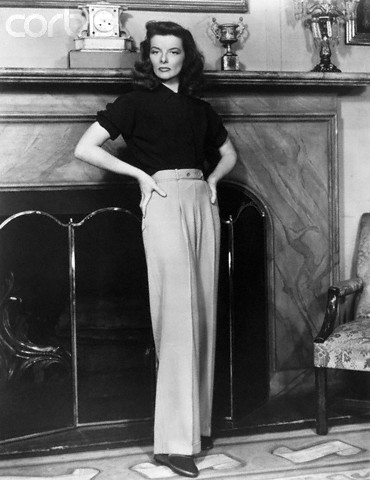
 Kathy Pinna
Kathy Pinna 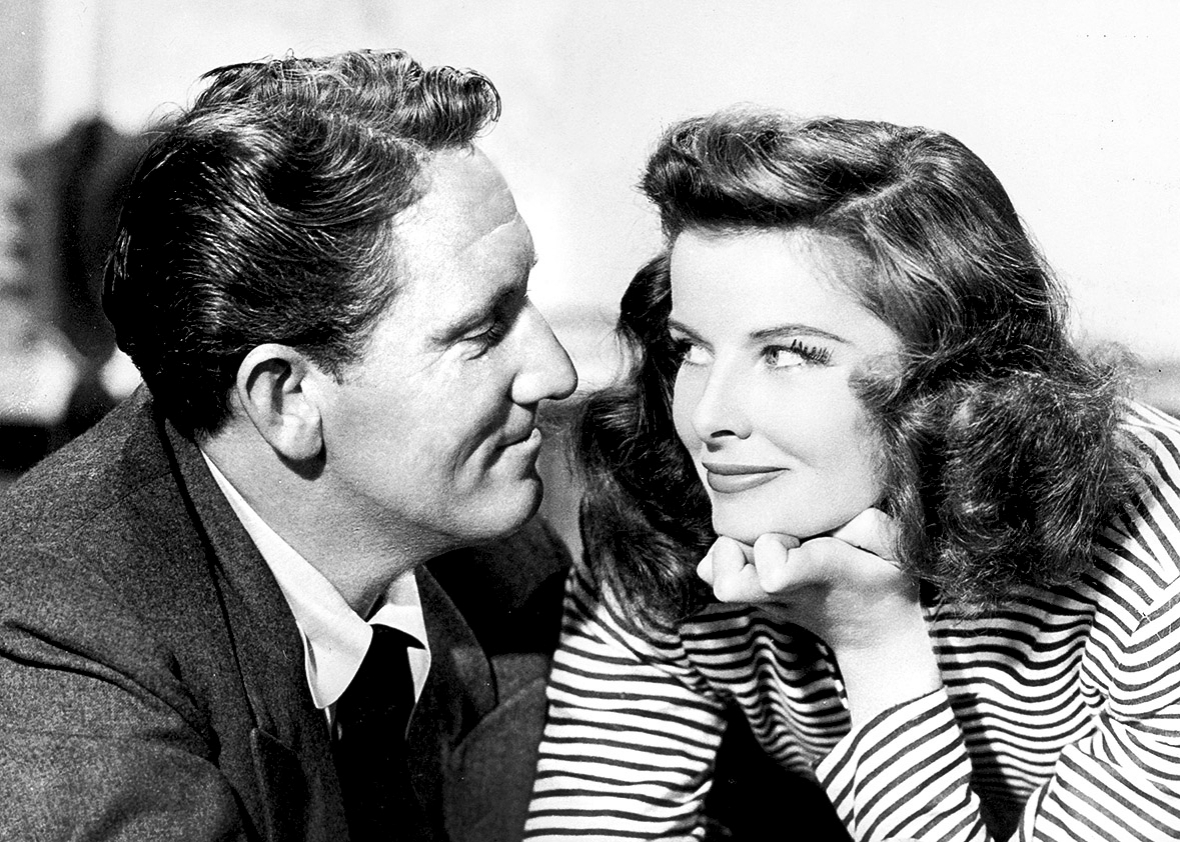
 Amanda S. Stevenson
Amanda S. Stevenson 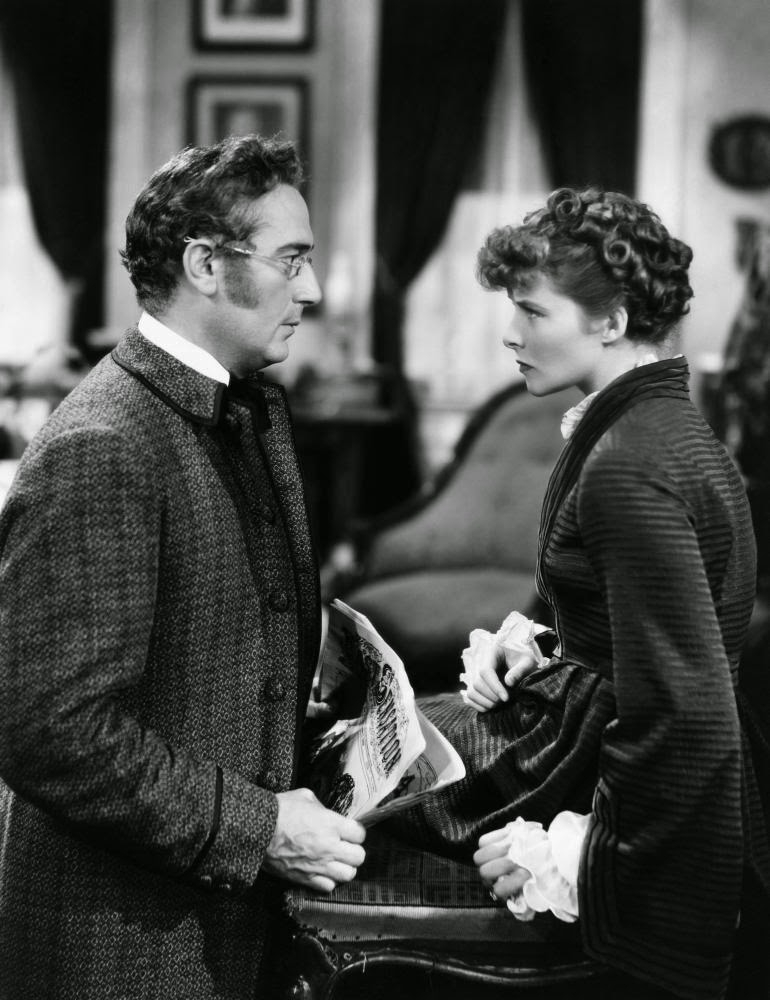
 Amanda S. Stevenson
Amanda S. Stevenson 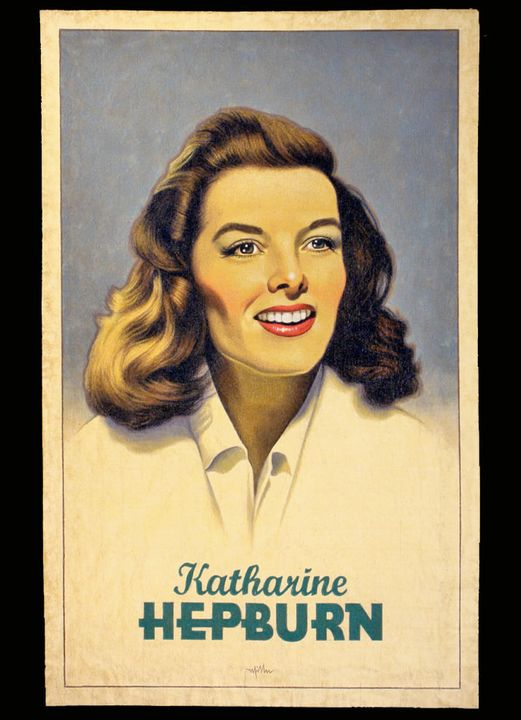
 Amanda S. Stevenson
Amanda S. Stevenson 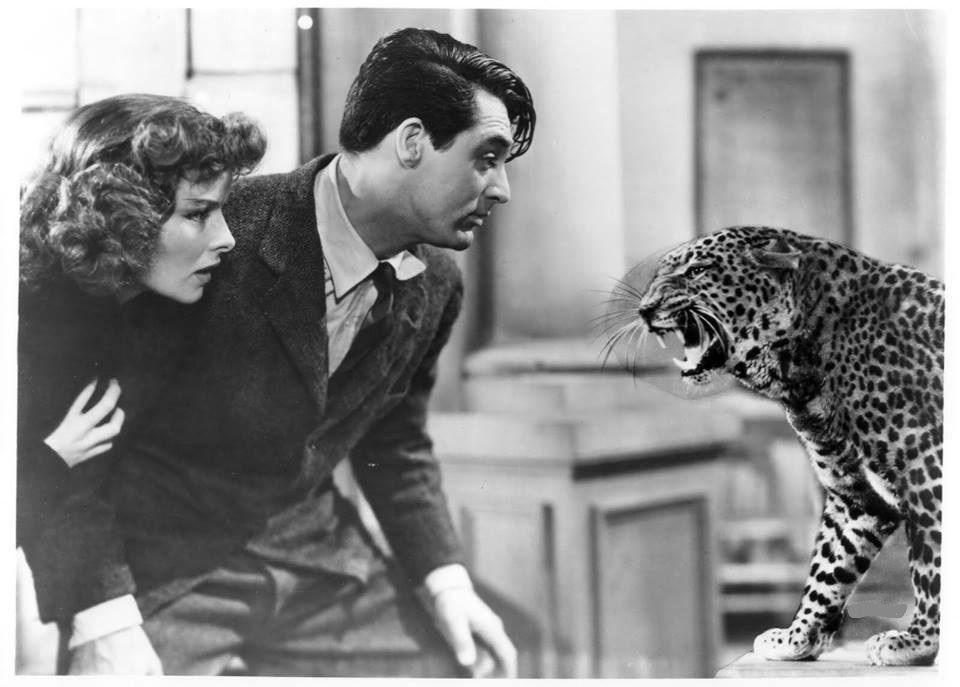
 Amanda S. Stevenson
Amanda S. Stevenson 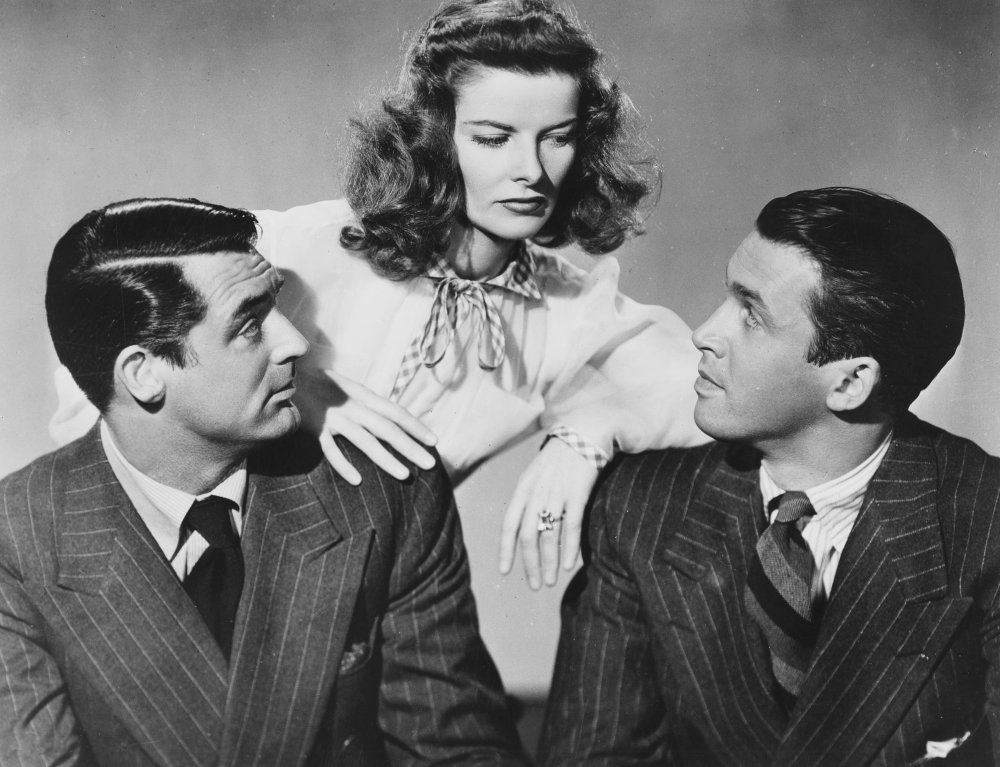
 Amanda S. Stevenson
Amanda S. Stevenson 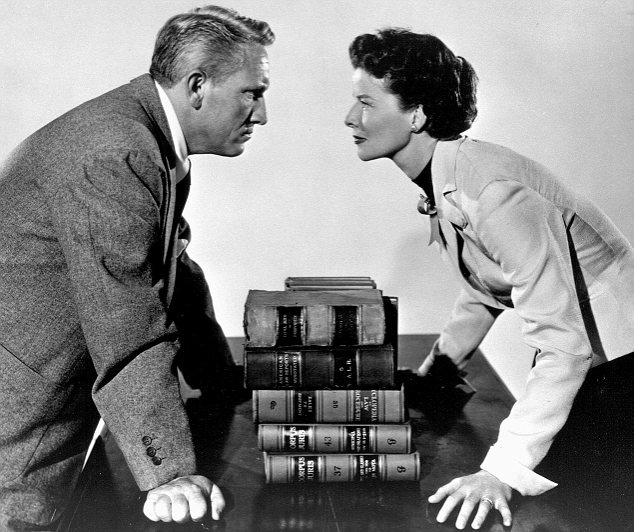
 Amanda S. Stevenson
Amanda S. Stevenson 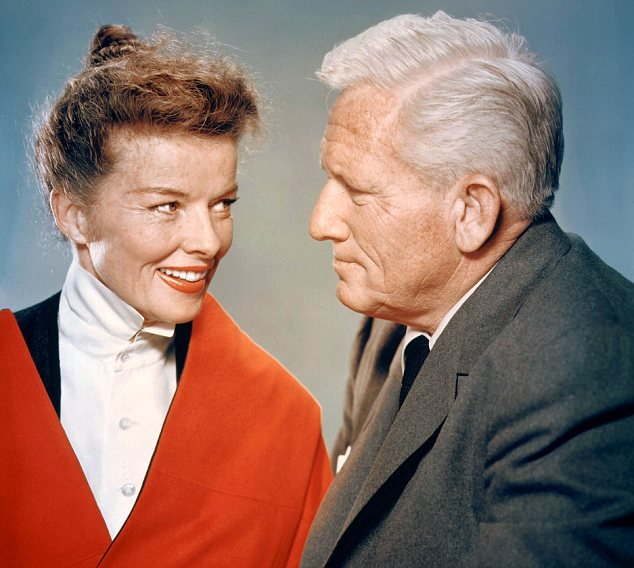
 Amanda S. Stevenson
Amanda S. Stevenson 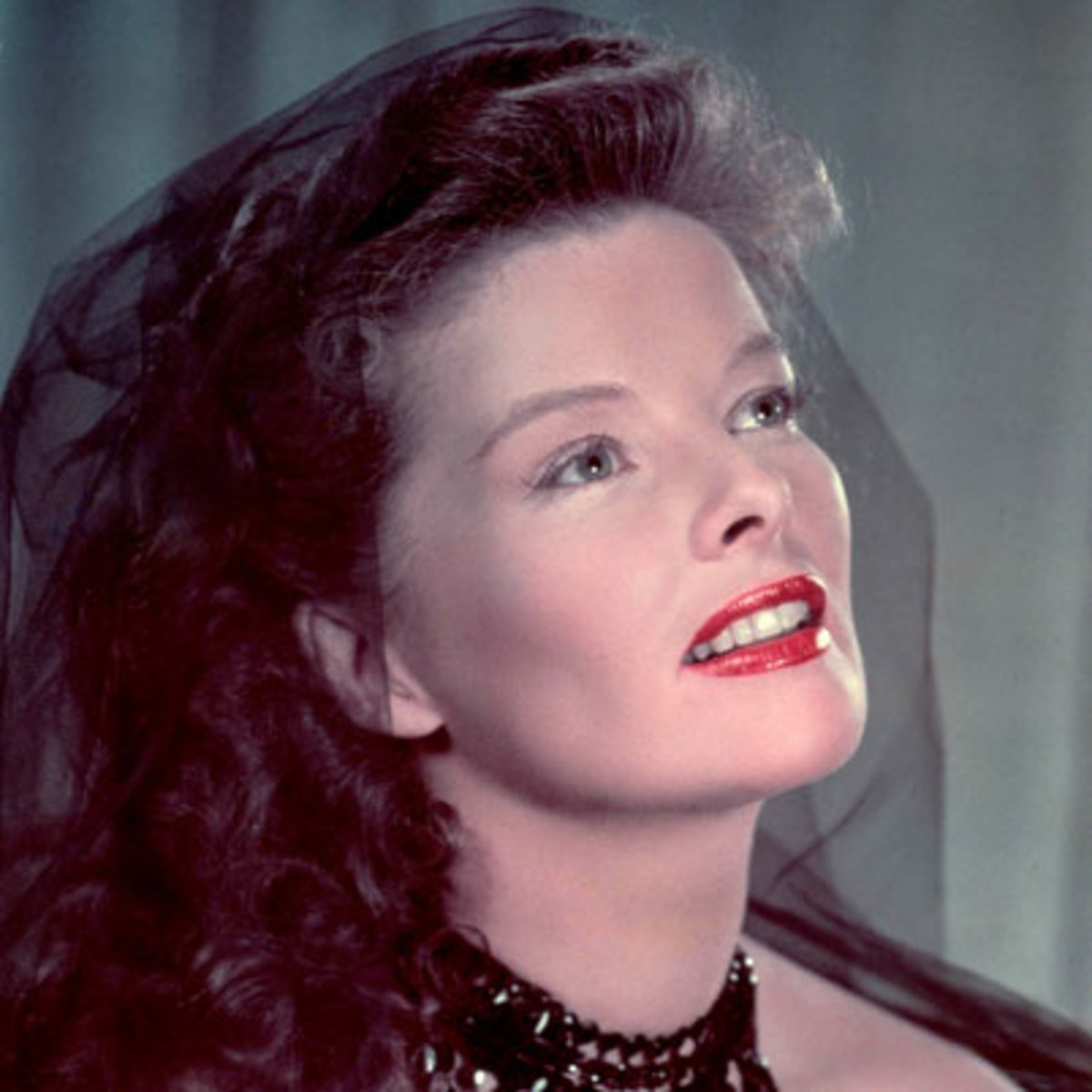
 Amanda S. Stevenson
Amanda S. Stevenson 